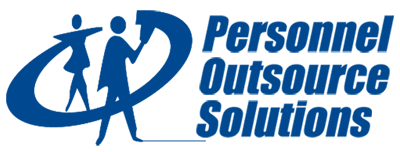Best Practices When Interviewing For A New Position
Job interviews can be nerve-wracking experiences, but with the right preparation and mindset, you can increase your chances of success. Whether you’re a seasoned professional or just starting your career, the following best practices will help you make a great impression when interviewing for a new position.
Research the company and the role.
Before your interview, it’s essential to research the company and the position you’re applying for. This will help you understand the company’s values, mission, and culture, as well as the job requirements and responsibilities. Use the company’s website, social media pages, and news articles to gather information. You can also reach out to current or former employees to gain insight into the company’s culture and work environment.
Prepare your answers to common interview questions.
While it’s impossible to predict every question you’ll be asked during an interview, there are common questions you can prepare for. Examples include “Tell me about yourself,” “What are your strengths and weaknesses?” and “Why do you want to work for this company?” Think about your answers ahead of time, and practice delivering them out loud. This will help you feel more confident and prepared during the actual interview.
Dress professionally and arrive on time!
Your appearance and punctuality are crucial when interviewing for a new position. Dress professionally in business attire, and arrive at least 15 minutes before your scheduled interview time. This will give you time to check in, collect your thoughts, and get settled before the interview begins.
Be personable and engaging.
Interviewers are not only evaluating your skills and experience, but also your personality and communication skills. Smile, make eye contact, and show enthusiasm for the position and the company. Engage with the interviewer by asking questions, sharing stories, and demonstrating your interest in the job.
Show examples of your work.
If you have relevant work samples or a portfolio, bring them to the interview. This will give the interviewer a better understanding of your skills and experience. If you don’t have work samples to share, be prepared to discuss specific projects or accomplishments that demonstrate your abilities.
Follow up with a thank-you note.
After the interview, send a thank-you note to the interviewer or hiring manager. This shows that you appreciate their time and are still interested in the position. Keep the note brief and professional, and reiterate your interest in the job.
In conclusion, job interviews can be stressful, but by following these best practices, you can increase your chances of success. Research the company and the role, prepare your answers to common interview questions, dress professionally, be personable and engaging, show examples of your work, and follow up with a thank-you note. With these tips, you’ll be well on your way to landing your dream job.


